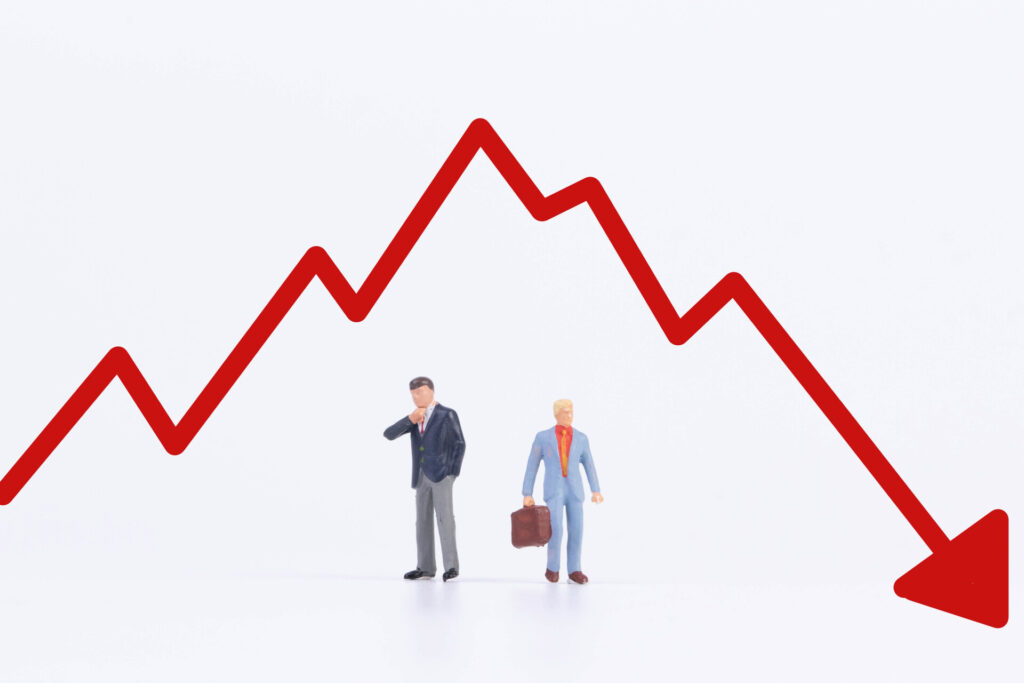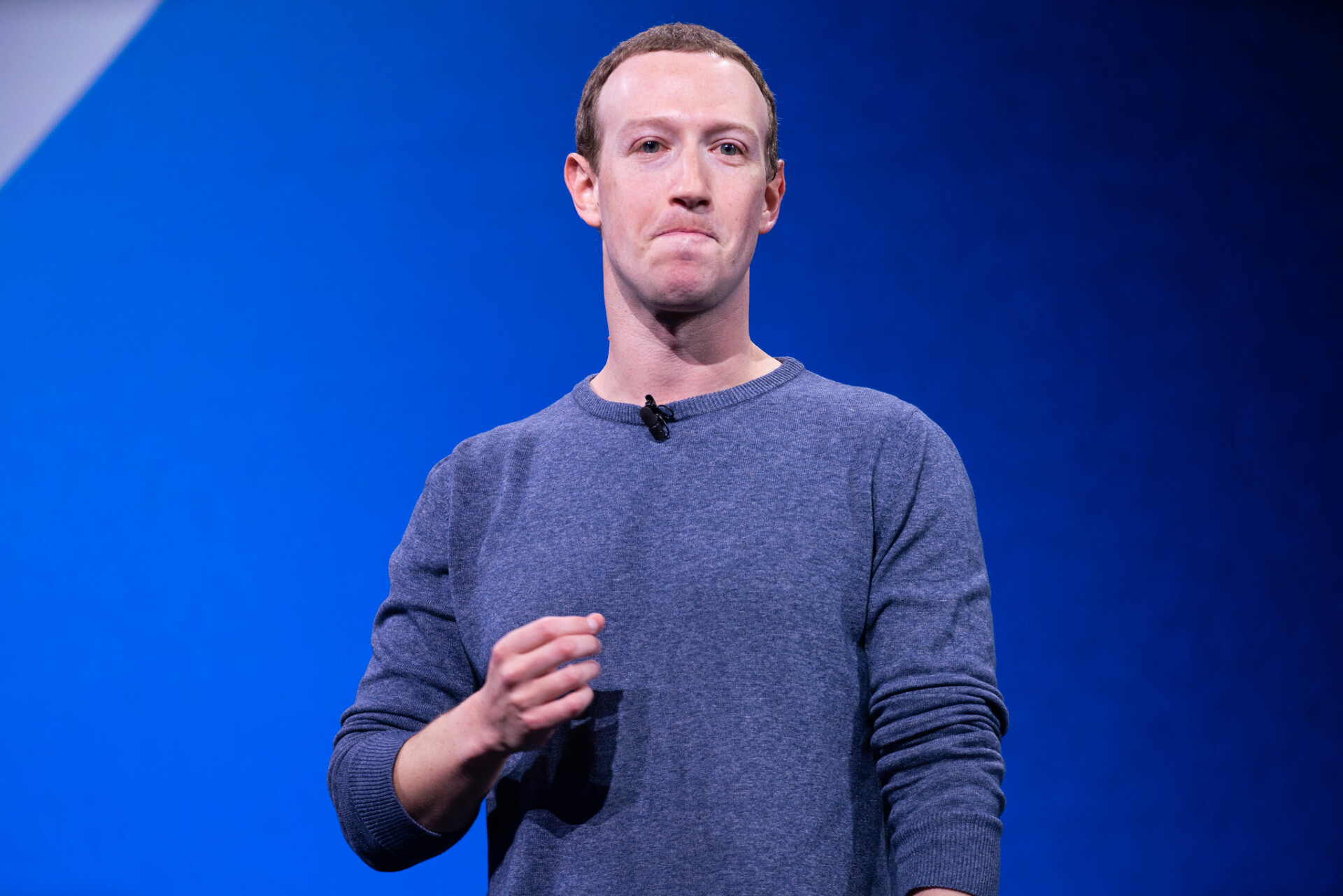Once considered the undisputed king of social media, Meta, formerly known as Facebook, has fallen out of favour in perhaps the most unfortunate way. Meta has been part of numerous scandals and hearings in the past few years, but for those who have been living under a rock and don’t know what in the world has happened, we’re about to break down how this impervious titan shot itself in the leg and is struggling to bounce back.
However, in order to understand how we got from point A to point Z, let us go back in time to when this problem was just getting started. Specifically, the ungodly amount of lawsuits.
Is It Really Free?

Have you ever wondered how a free app is able to generate so much money? The answers are ads, of course. However, it is far more sinister than that. Facebook has been using targeted ads, specifically catering to the individual. Ads today have become more tailored; one could say they have become more personal.
With each action you take, you generate data, especially on social media sites like Facebook and Instagram. This data is then used to make your browsing experience and ads more personalised. When ads start showing us things we like or are interested in, we are more likely to buy them. This is how Facebook generates profit, but it has come at the expense of users’ privacy.
The Lawsuits

Although it was memed to kingdom come, the Facebook class action lawsuit was a serious one. Facebook showed no restraint when it came to data collection, just to better anticipate you and your actions and show more ads. It can essentially learn to know you better than your friends, family, partner, and even yourself. This blew up when Facebook users’ private information was breached and their credentials were stolen.
Zuckerberg had to pay US$725 million to settle their most recent privacy lawsuit. Meta’s Facebook has lost its reputation after repeated lawsuits (yes, there were more than one, and most of them involved privacy), and the brand is forever tarnished in the eyes of the people. With the growing popularity of other platforms, people started to jump ship, and Facebook was slowly losing steam. This loss of trust was one of many reasons why Facebook rebranded as Meta.
Acquisition Of The Oculus: A Product Of Their Own

When you think about it, Facebook, Instagram, Messenger, and the other things Zuckerberg has under his company are just software. Meta hasn’t provided anything substantial in terms of hardware, a point made clear when Apple’s CEO, Tim Cook, announced that people could turn off targeted ads, immediately jeopardising Facebook’s main source of revenue.
Other companies are also following suit in limiting Meta’s excessive data acquisition, restricting it via the hardware these companies provide. Without the proper hardware, Meta cannot bombard people with ads that would entice them to make a purchase. In 2014, Meta acquired the virtual reality headset developer Reality Labs, the creator of the Oculus Rift, for US$2 billion; now Zuckerberg is trying to make something new with it. Zuckerberg revealed that once their VR project has enough steam, they will release ads in order to gain additional revenue.
A Captain And His Sinking Ship: Meta Today

Zuckerberg was convinced that VR was the future. And so he poured his wallet into making the next big thing: the Metaverse and the Horizon Worlds. He believed that it would be the future of the internet, like how the iPhone ushered in the smartphone era. This idea was reinforced by the global pandemic and lockdowns. He believed that the world and human interaction would exist digitally.
However, time has passed, and people are no longer afraid of COVID. This lack of foresight greatly harmed Zuckerberg’s investment and ultimately crippled the company. His poor investment led to a plummeting net worth (from US$1 trillion in 2021 to US$297 billion in late 2022), which caused the company to lay off 11,000 of its staff. Despite this, Zuckerberg continues pursuing the Metaverse dream.
The head of Oculus development, who became a Meta executive after its acquisition, John Carmack, left Meta. In an email he sent to Meta staff before leaving the company, he essentially said that the potential of VR has been squandered because of Zuckerberg’s terrible leadership.
Despite this, Meta continues to pursue the Metaverse and Horizon Worlds, even though doing so caused them to lose US$13.72 billion just recently, and it is said that they will lose a billion more if he doesn’t change course. It would take a miracle to save the company.
And that’s a brief rundown of how the titan that was Meta is on its knees now. Though Meta and its extension (i.e. Facebook, Instagram, etc.) will remain, it’s very unlikely that they will dominate the top spot.
Sources: Flckr: [1] [2], PxHere, Wikipedia Common [1] [2]
Follow us on Instagram, Facebook or Telegram for more updates and breaking news.



